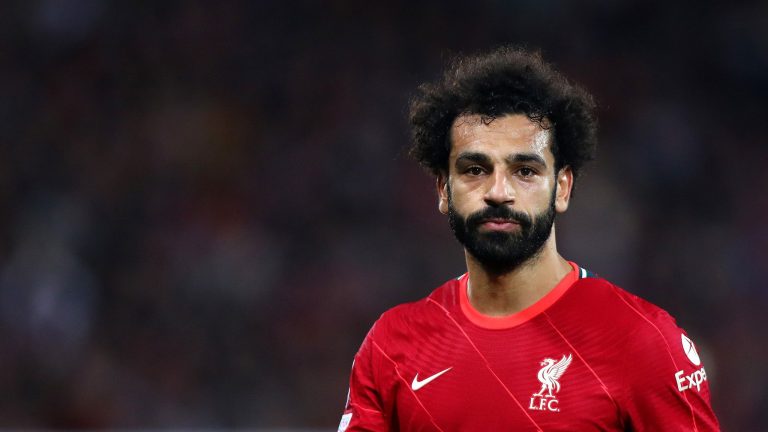In 2017, Liverpool FC made a significant move by signing Mohamed Salah. Little did they know that this transfer would not only bolster their team on the field but also provide an unexpected solution to a pressing social issue: racism in sports.
A group of researchers from Stanford, Yale, and Colorado Boulder universities saw an opportunity in Salah’s signing. They decided to use this event as a unique case study to examine Islamophobia and a fascinating concept known as “parasocial contact.”
Why Mohamed Salah?
Salah’s case is exceptional for several reasons. Born in Egypt 32 years ago, he is openly Muslim, often demonstrating his faith on the field through prayer and celebrations. His wife is frequently seen supporting him while wearing a veil, and he even named his daughter Makka, after Islam’s holiest site.
What makes Salah particularly interesting for this study is his rapid rise to stardom at Liverpool. Shortly after joining, he played a crucial role in leading the team to the Champions League final in 2018. The following year, they won the trophy, and in 2020, Liverpool clinched the Premier League title.
The Study and Its Findings
The researchers set out to answer a challenging question: Did Salah’s role at Liverpool influence xenophobic activities in the city or among Liverpool fans?
To answer this, they employed classic sociological tools. They analyzed hate crime reports in England and Liverpool, conducted surveys, and examined around 15 million tweets from Premier League fans, including Liverpool supporters.

The results were striking. After Salah joined Liverpool, hate crimes in the Liverpool area decreased by 16%. Moreover, Liverpool fans halved their rate of anti-Muslim tweets, dropping from a projected 7.3% to 3.8%.
A survey of about 8,000 Liverpool fans revealed another interesting finding. The belief that Islam is compatible with British values increased from 18% to 23% among the respondents.
The “Salah Effect” and Its Implications
The researchers concluded that Salah’s high visibility and open display of his faith helped reduce religious prejudices. This supports the “parasocial contact” hypothesis, which suggests that positive images of minorities can reduce prejudices.
Alexandra Siegel, a Stanford University researcher and one of the study’s authors, noted the significance of this effect on a specific demographic: older British men who, according to UK public opinion data, generally do not support Muslims.

Looking Ahead
The study has generated considerable interest, raising new questions for future research. Can the “Salah effect” be replicated in other cases? What happens if a star player like Salah stops scoring – does Islamophobia increase? And what about the impact beyond his own club?
While cases like those of Samuel Eto’o and more recently Vinicius demonstrate that xenophobia is not exclusive to British football, the Salah study provides a glimmer of hope. It suggests that positive representation can indeed make a difference in combating racism and prejudice in sports and beyond.


0 Comments